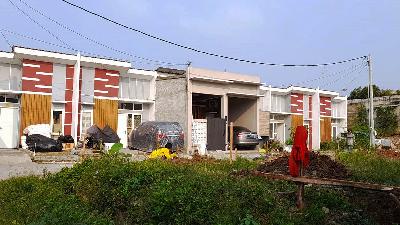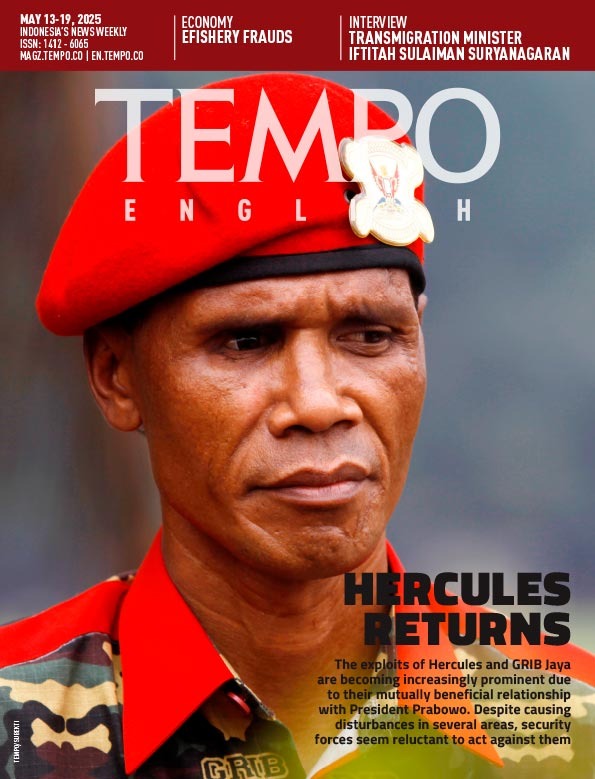Time for All Eyes on Papua
Monday, June 10, 2024
Over three million netizens are rallying support for the “All Eyes on Papua” campaign. The government cannot turn a blind eye.
arsip tempo : 174735754484.

AN Internet campaign instigating the “All Eyes on Papua” movement deserves a massive thumbs up. The poster and hashtag “All Eyes on Papua” has gone viral on X and Instagram, showing public solidarity with the Awyu tribe in Boven Digoel, South Papua, and the Moi tribe in Sorong, Southwest Papua. Both clans are in the middle of a struggle to maintain their customary forest from the threat of a corporate takeover.
The “All Eyes on Papua” movement highlights the power of civil society when harnessing social media. The campaign began with a content creator and designer on X with a multi social media account, who created a poster inspired by the “All Eyes on Rafah” campaign. Pandhu Taryono, the creator, was triggered by his concern over issues in Papua, particularly the struggle of the Woro customary tribe—part of the Awyu tribe—and the Moi Sigin subclan that held a demonstration in the front yard of the Supreme Court on May 27.
Representatives of the Awyu community in Jakarta demanded the Supreme Court reinstate their rights that had been stripped from them through a series of court decisions at the cassation level. They refuted the Jayapura State Administrative Court decision and the Manado Administrative High Court decision that had rejected their lawsuit against the Provincial Government of Papua—which had granted permits to clear land totaling 36,094 hectares to Indo Asiana Lestari. The decisions of the two courts need further scrutiny because they do not uphold environmental justice and the rights of indigenous people.
The “All Eyes on Papua” campaign drew public attention to the fight of the Awyu tribe, which has practically been ignored for almost three years. The poster and hashtag showing an eye peeping through a gash in an aerial photo of Papuan jungle managed to garner the support of over 3 million social media users. At the same time, the petition titled Supreme Court Annul Permit for Indo Asiana Lestari on the Change.org website also garnered significant support, with over 224,000 signatures.
Movements like these cannot stop at signatures on petitions alone. The case of the Awyu tribe is only the tip of the iceberg regarding cases faced by many indigenous people in Indonesia. The Moi Sigin subclan, which had picketed in front of the Supreme Court, is also in a huge struggle against Sorong Agro Sawitindo, which has destroyed 18,160 hectares of their customary forestland to make way for an oil palm plantation.
Deforestation in Papua, which has the largest natural forestland in Indonesia, is obviously a major concern. A report titled Looking East: Deforestation and the Release of Forestland in Papua by the Auriga Nusantara Foundation in 2021 revealed that, in the last two decades, the Papuan forest cover has shrunk by over 663,000 hectares. Deforestation of customary forests in Papua has let loose 25 million ton carbon dioxide equivalent into the atmosphere and has exacerbated the threat of climate crisis hanging over us all.
The emergence of “All Eyes on Papua” is a breakthrough from civil society to push for change in face of our current less than ideal legal and judicial situation. The government and the Supreme Court have to respond to this massive public support with all due seriousness. We need to uphold environmental and climate justice, which is not only important to the Awyu and Moi people, but also to all Indonesian. To make sure the government and the Supreme Court do not continue to ‘flirt’ with big business, it is only appropriate for ‘all eyes’ to look, not only at Papua, but also at Jakarta.











